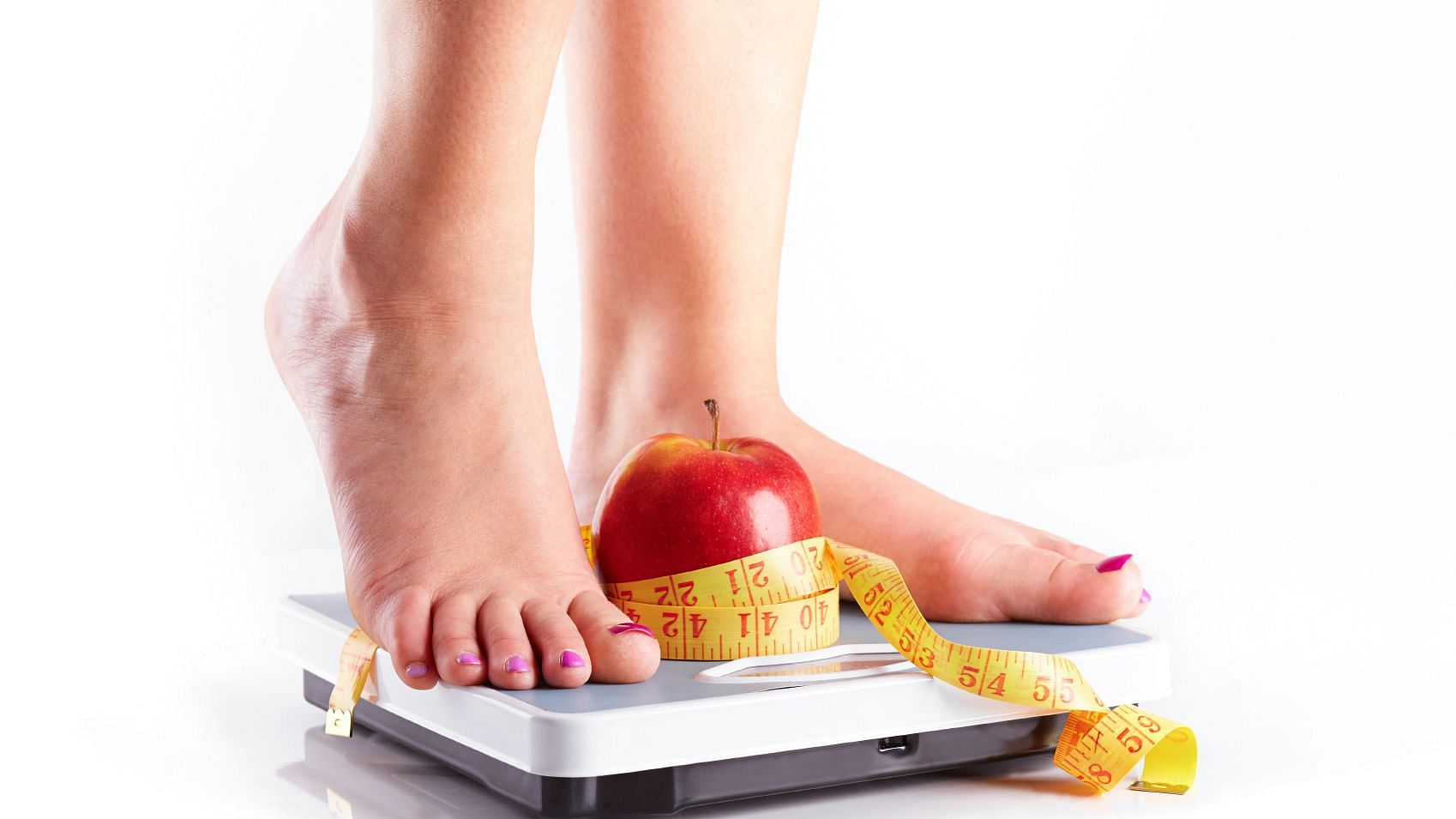Gaining Weight in Your Thirties? Here’s Why
Six reasons why it’s difficult to lose weight in your thirties and how you can change that!

The biggest grouse I hear from everyone all the time is: Why am I gaining weight now when I have been eating the same food that I had been eating for the past few years?
This complaint usually begins when people enter their thirties and start missing their good-old-twenties when they could eat, make merry, and still not gain weight.
So what’s changed? Lots actually!
The Body Composition Changes As We Age
The amount of lean muscle mass (that determines our metabolic rate) naturally begins to decline around 30 years of age, and it accelerates at 40. In other words, the more muscle mass we have, the more calories we will burn. This process is called sarcopenia, and unless we ensure sufficient protein intake, it can have a huge say in how much weight we gain.
In simple terms, every passing year there is a dip in our metabolism, and that translates into a lesser calorie requirement on a daily basis. But more often that not, we don’t take this into account, and keep eating the same amount of food that we have always been eating. So those extra calories (coupled with lower protein) begin piling up, slowly but steadily.
Correct it: Boost your protein intake, both in quality and quantity. On an average, a person needs about one gram of protein per kg body-weight every day. Stick to this.
Sedentary Lifestyle
Secondly, thirties is when the hectic days of college are behind us, and we are all settled more or less in a sedentary job. We burn lower number of calories every day (as compared to the hectic twenties). This too adds to the calorie excess, which again packs the pounds.
Correct it: Follow the five days a week exercise regimen strictly. Do 30 minutes of brisk walking four to five times a week and strength training twice a week to arrest declining metabolic rates.
Fat Cells Get Stubborn As We Age
Thirdly, according to a recent study published in the journal Nature Medicine, researchers from Sweden and France have reported that lipid turnover in the fat tissue — the rate at which the fat cells are removed — decreases as we age. In simple terms, even if you diet, the rate at which you’ll get rid of the extra fat will be slower in your thirties as compared to your twenties. The scientists studied 54 men and women over 13 years and all of them showed a decreased rate in the lipid turnover as they got older. They even found, that those who didn’t compensate for this anomaly by eating less number of calories, gained weight by an average 20 percent.
Correct it: Consciously try to extend more calories every day. Keep a check on both the quality and quantity of calories.
Chronic Stress and Hormonal Imbalance
Fourthly, the pressure cooker lifestyles we lead and the chronic stress we live in 24/7 affects our hormones negatively. This hormonal imbalance is often a primary cause of middle-age weight gain. Another problem is that continual stress leads to higher levels of the stress hormone ‘cortisol’, which sends messages to the brain to store up fuel to fight stress. Result is that you end up eating more!
Correct it: Try to keep a lid on stress consciously; play more, listen to music, join a dance class or a yoga group, sleep well, take vacations, spend time in nature and meditate. Make busting stress a priority!
Insulin Resistance
Insulin resistance is another reason why people gain fat percentage, particularly in their belly areas. This results from more indulgent eating, more reliance on processed and junk foods, and more eating out owing to a busier lifestyle and greater money power.
Correct it: Keep a check on your blood sugar levels. Control them by sticking to complex carbohydrates. Focus on whole foods and say no to refined food.
Nutrient Deficiencies
Wrong eating decisions over the last decade or so leads to a build-up of nutrient deficiencies like vitamin D, B12, zinc, iron, calcium etc. When diets are deficient in important micro nutrients, it leads to higher cravings, which most of us cater to by eating junk foods (read fried foods and sweets). This is a very common problem.
Correct it: Eat a balanced diet and focus on micronutrients. Eat in variety as that usually takes care of a wide spectrum of nutrients.
Finally, accept that as you get older, it will take longer to lose weight, so keep focus on the process consciously. Score enough workouts and eat as healthily as possible. Your body will respond positively.
(Kavita is a nutritionist, weight management consultant and health writer based in Delhi. She is the author of Don’t Diet! 50 Habits of Thin People (Jaico) and Ultimate Grandmother Hacks: 50 Kickass Traditional Habits for a Fitter You (Rupa).)
(At The Quint, we are answerable only to our audience. Play an active role in shaping our journalism by becoming a member. Because the truth is worth it.)